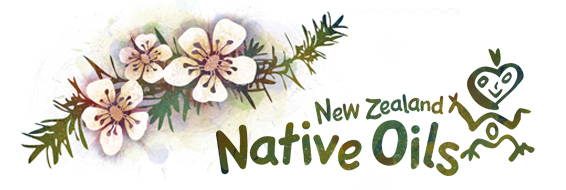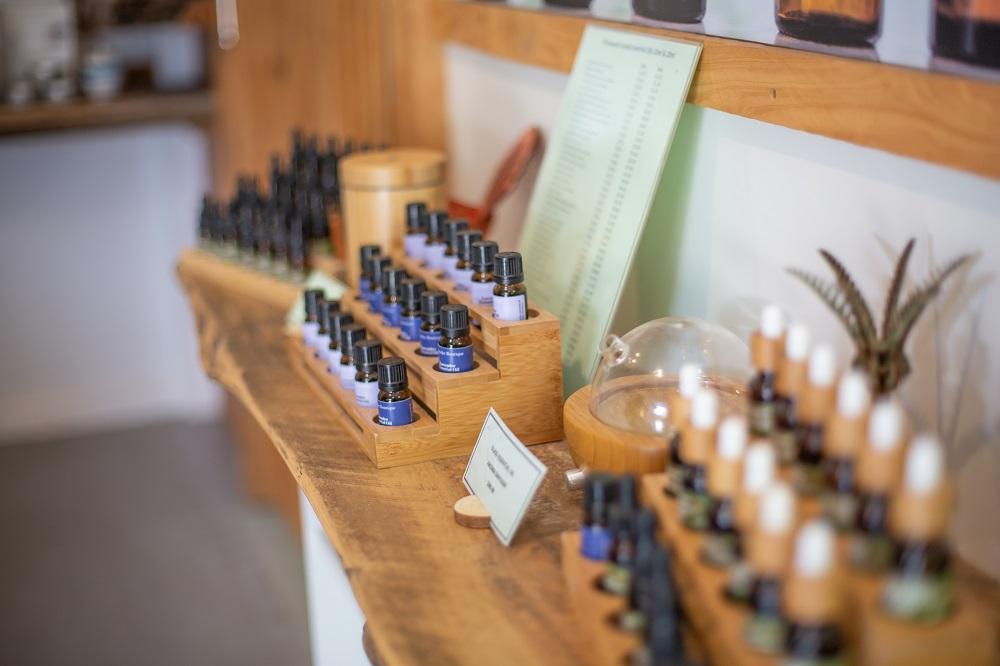Although this essential oil may remind people of the hippie era, its value in skincare is incalculable. It is also great for fighting depression and anxiety. It has great diuretic properties and also helps break down cellulite, while stimulating the regeneration of skin cells, speeding up healing and preventing ugly scars forming when wounds heal.
The therapeutic properties of patchouli oil are antidepressant, antiphlogistic, antiseptic, aphrodisiac, astringent, cicatrisant, cytophylactic, deodorant, diuretic, febrifuge, fungicide, insecticide, sedative and tonic.
Patchouli oil has a grounding and balancing effect on the emotions and banishes lethargy, while sharpening the wits, fighting depression and anxiety. It is also said to create an amorous atmosphere.
It is effective for fungal and bacterial infection and is of great help for insect bites. It could also be used as an insect repellant and is also used as a support for dealing with any substance addiction.
With its excellent diuretic properties, it is effective in fighting water retention and to break up cellulite, easing constipation and helping to reduce overweight.
Furthermore, it has a great deodorizing action, and helps when feeling hot and bothered, while cooling down inflammations and assisting with wound healing.
On the skin, this oil is one of the most active and is a superb tissue regenerator, which helps to stimulate the growth of new skin cells. In wound healing, it not only promotes faster healing, but also helps to prevent ugly scarring when the wound heals.
Patchouli oil is very effective in sorting out rough, cracked and overly dehydrated skin and is used to treat acne, acne, eczema, sores, ulcers, any fungal infections, as well as scalp disorders.
Patchouli oil has a beneficial effect on the skin, helps for infections and insect bites, water retention and can help with stress related problems and addictions.
Although essential oils blend well with one another, patchouli oil blends particularly well with bergamot, clary sage, geranium, lavender and myrrh.

